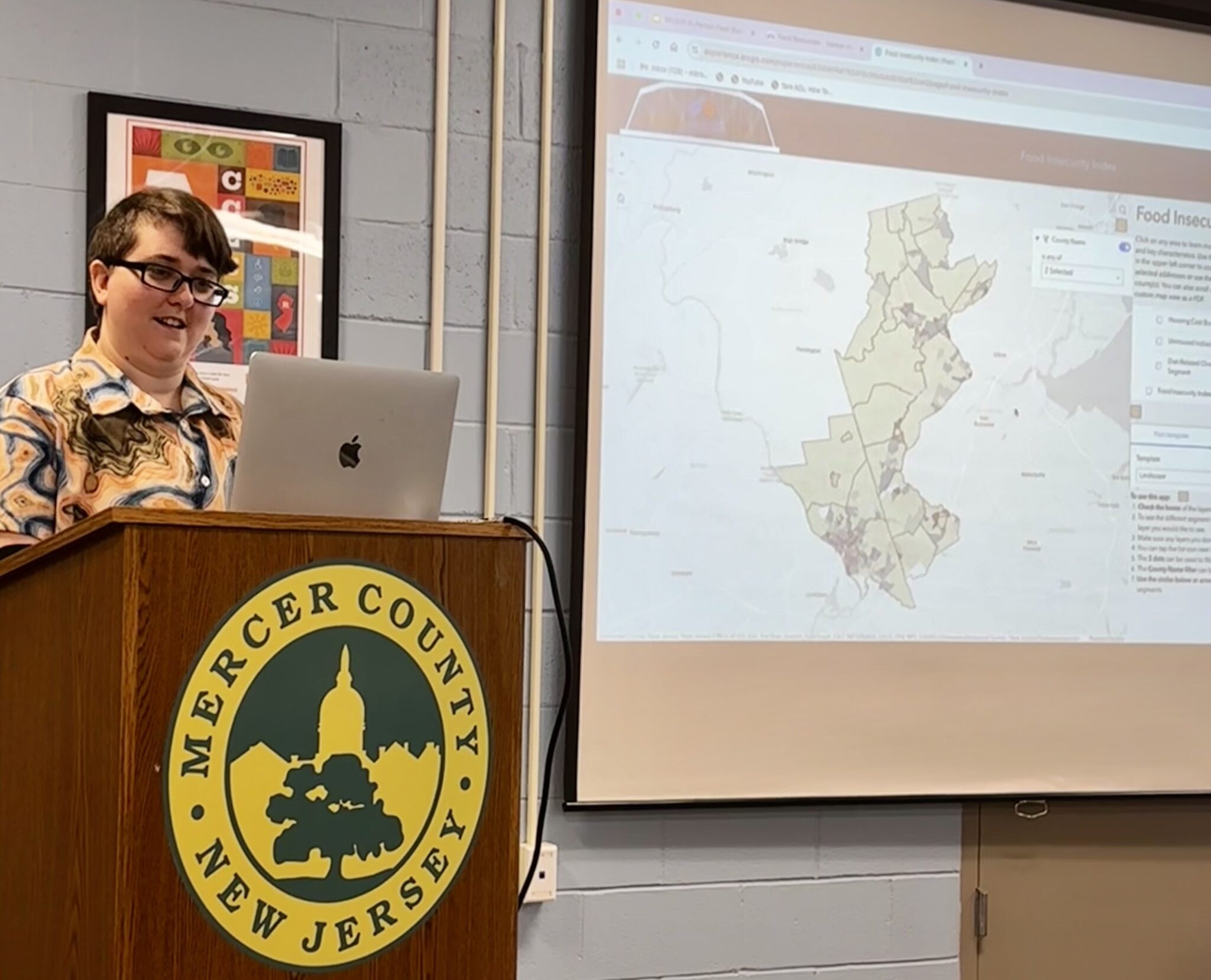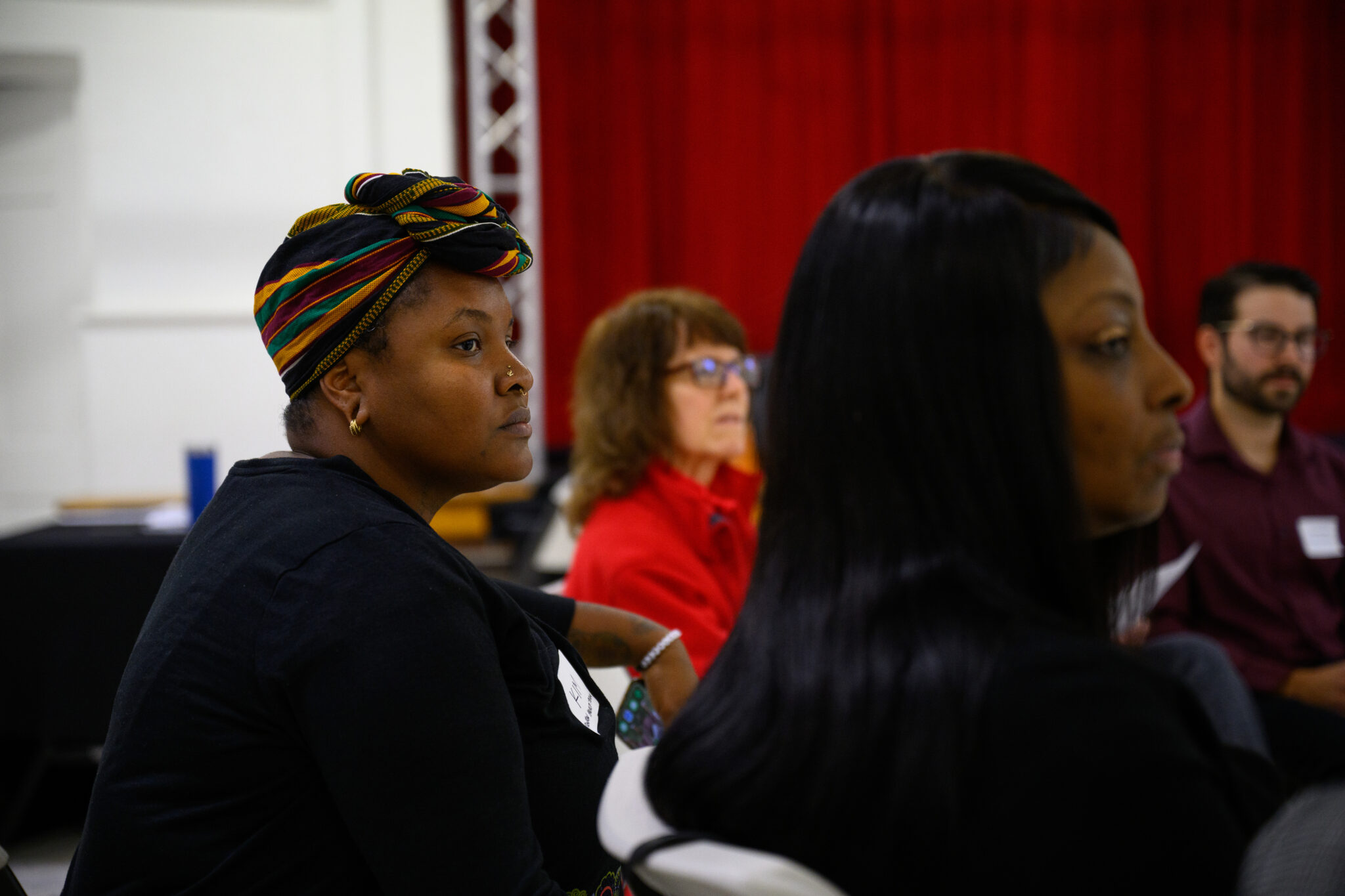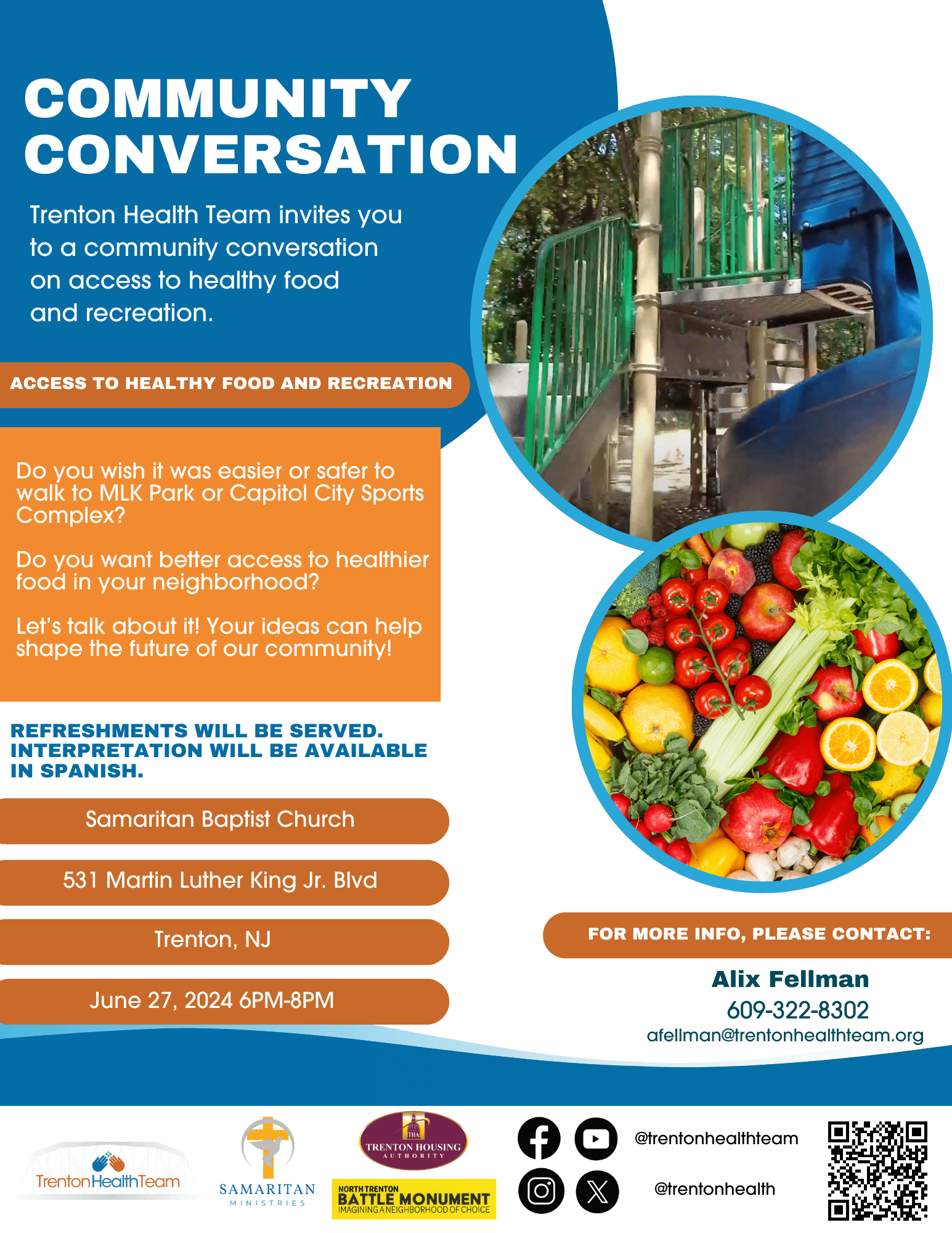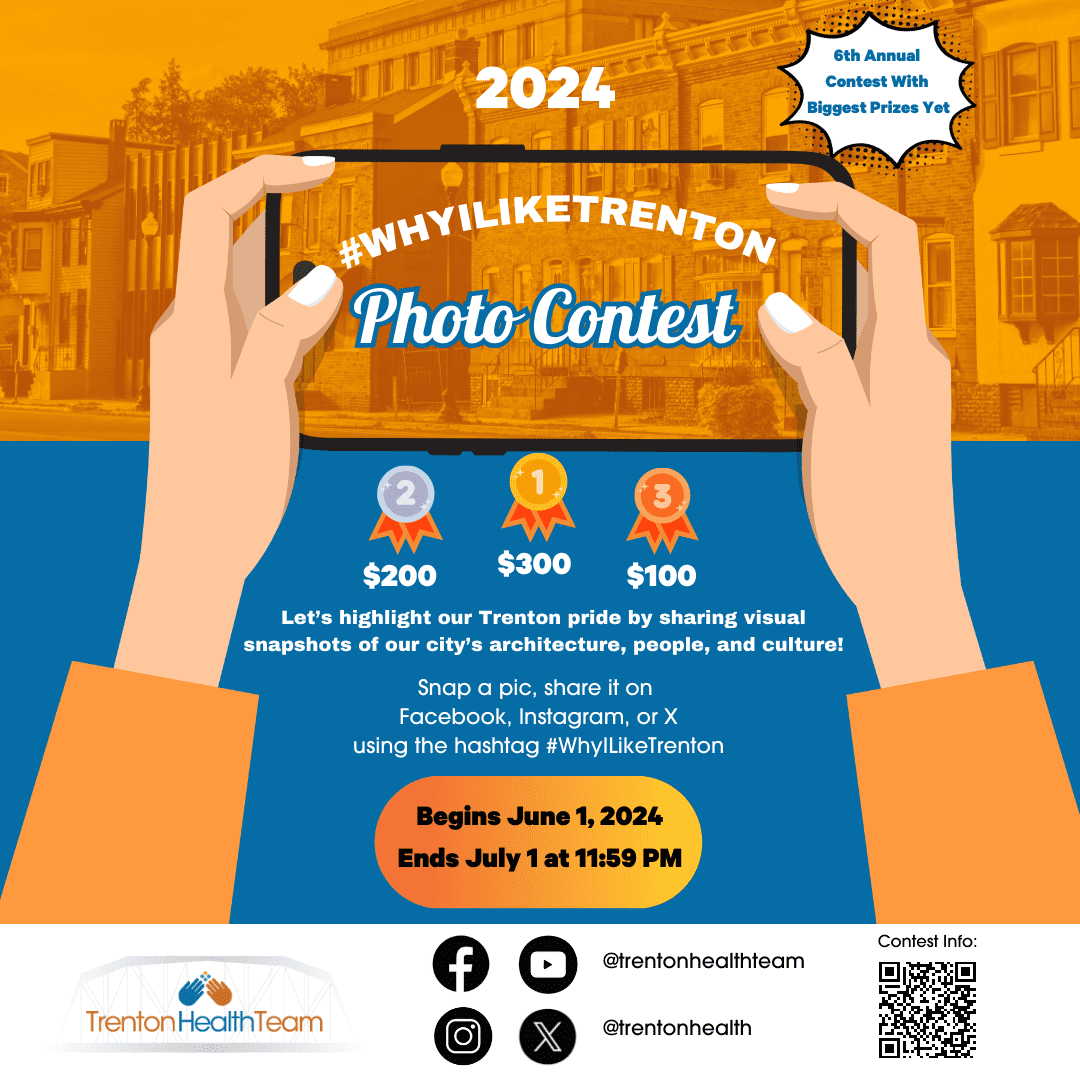Trenton Health Department Meets State Mandates for First Time in Decade
Collaboration with Trenton Health Team Helps Municipal Department Fulfill Obligations
(Trenton, NJ – September 6, 2012) For the first time in at least a decade, the City of Trenton’s health department is complying with all state mandates, a result of its collaboration with the Trenton Health Team, an organization comprising hospitals, health care organizations and community groups.
City officials and community leaders said the collaboration has enabled the City of Trenton to fulfill its obligations to residents, many of whom are poor and uninsured, despite repeated municipal budget cutbacks, including a 24 percent budget reduction last year.
“We are now in compliance in all the areas where we have been deficient,” said James A. Brownlee, M.P.H., Trenton’s Director of Health & Human Services and Health Officer. “Now we are not alone. We are 10 times stronger when we all work together for the residents of the city.”
The city joined with Capital Health, St. Francis Medical Center, and the Henry J. Austin Health Center, the city’s only federally-qualified health center, and community organizations to create the Trenton Health Team, an organization pioneering a new model of health care.
Brownlee provided an example of how the collaboration works. The health department is required to provide tuberculosis testing and treatment, for instance. The New Jersey Department of Health and Senior Services provided a grant to Mercer County and funds went to the Trenton Health Team to provide county-wide tuberculosis services. A nurse case manager was hired and now works at the City of Trenton health clinic. In addition, physicians working with the Trenton Health Team treat tuberculosis patients at the Trenton clinic at no cost to the city.
Jeanette Oliveras, RN, BSN, and Madeline Oliveras, RN, BSN, public health nurses working for the City of Trenton’s Department of Health and Human Services, participate in a home visit with Franchesca Velez, her daughter Carina and her son Carlos. Ms. Velez recently gave birth and the nurses monitor her son’s progress, provide post-partum education and answer patient questions. Matt Rainey/Matt Rainey Photography
Brownlee cited other examples, such as the health department’s obligation to provide health care for pregnant women, new mothers, infants and preschool children, with particular emphasis on poor and uninsured families. The health department also must provide guidance on physical, emotional, nutritional and cognitive development of infants and preschool children. The city’s nursing staff, which provides home visits, now works closely with the city’s two hospitals and the federally qualified health clinic to make sure the care is provided.
Ruth E. Perry, M.D., executive director of the Trenton Health Team, said the team has been able to restore critical components of public health to the City of Trenton.
“We are working together with the city to provide services,” Dr. Perry said. “We believe this can be a model for the nation. We are reducing costs, improving health outcomes, and making a difference in people’s lives.”
Brownlee said the health department has done a good job providing environmental health services, such as in food surveillance and occupational health. But through the years, cutbacks have forced the city to close health clinics, including services to patients with diabetes and cancer. He said the city’s collaboration with the Trenton Health Team has helped restore those services to city residents. In addition, the city has plans to open clinics providing adult and pediatric services in the next year with the support of the Trenton Health Team.
“We were duplicating services; now we are working together,” Brownlee said.
Dr. Perry said the cutbacks in Trenton mirror reductions in municipal budgets around the state, and could prompt other communities to create these innovative models of care that involve government and community collaborations.
“We come together regularly and we ask, ‘How is the Trenton Health Team able to support the city health department and how can the health department support us and make us stronger?'” Dr. Perry said.
Brownlee said many of the poor and uninsured people who once turned to the city’s health department for services had few other places to get health care after services were cut. Many, he said, ended up in hospital emergency departments, where the cost of care is extremely high and the care often is episodic, with little follow up and continuity.
The Trenton Health Team has documented instances of city patients checking into emergency departments for dozens, even hundreds, of times in one year. This so-called revolving door emergency care often fails to address the larger problems facing many patients, such as homelessness, addiction and mental illness.
The Trenton Health Team includes community organizations, such as the Rescue Mission of Trenton and Catholic Charities, which work together to help patients beyond their medical needs. The aim is to create a “medical home” and to work with individuals on all issues that can affect their health, such as homelessness.
“Our aim is to work with the Trenton Health Team to keep people well and out of the hospital,” Brownlee said.
About the Trenton Health Team
Trenton Health Team (THT) is an alliance of the city’s major providers of healthcare services including Capital Health, St. Francis Medical Center, Henry J. Austin Health Center and the city’s Health Department. In collaboration with residents and the city’s active social services network, THT is developing an integrated healthcare delivery system to transform the city’s fragmented primary care system and restore health to the city. THT aims to make Trenton the healthiest city in the state. The THT receives generous support from The Nicholson Foundation, corporate partners and other foundations. For more information, visit www.trentonhealthteam.org.










